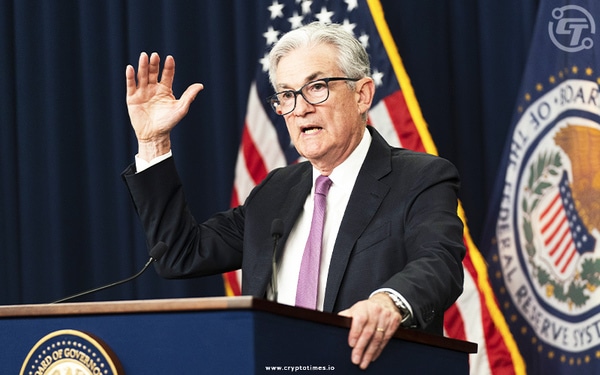During a recent hearing at the House of Representatives Financial Services Committee, Chair Jerome Powell of the United States Federal Reserve Board expressed the view that stablecoins should be considered a form of money.
Powell’s remarks were in response to committee ranking member Maxine Waters, who raised concerns about a proposed stablecoin bill. The bill, if passed, would be the first crypto legislation in the U.S.
Waters highlighted that the bill could result in the creation of 58 different licenses, with federal regulatory approval granted to only two of them. The remaining licenses would be issued by states and other jurisdictions, leading to an unprecedented level of state preemption.
Powell shared Waters’ apprehension, cautioning against allowing extensive private money creation at the state level. That’s the reason he supports the crypto regulation. He said, “Allowing a lot of private money creation at the state level would be a mistake.”
Interestingly, Powell’s position diverges from that of Securities and Exchange Commission (SEC) Chair Gary Gensler, who has advocated for the registration and regulation of stablecoins and has classified all cryptocurrencies except Bitcoin as securities.
It also differs from Commodity Futures Trading Commission (CFTC) Chair Rostin Behnam’s suggestion that stablecoins should be classified as commodities.
Former CFTC Chair Chris Giancarlo also weighed in on the bill, expressing concern over the potential coercion of stablecoin protocols by licensing authorities.
Giancarlo warned against allowing a government policy similar to the controversial Operation Choke Point of the past, where services were denied to businesses based on political biases.
These developments highlight the ongoing debate and regulatory challenges surrounding stablecoins in the United States. With differing opinions among regulatory leaders, it remains to be seen how stablecoin regulations will ultimately be shaped.
The outcome will have significant implications for the cryptocurrency industry, as stablecoins play an increasingly prominent role in the digital economy.






